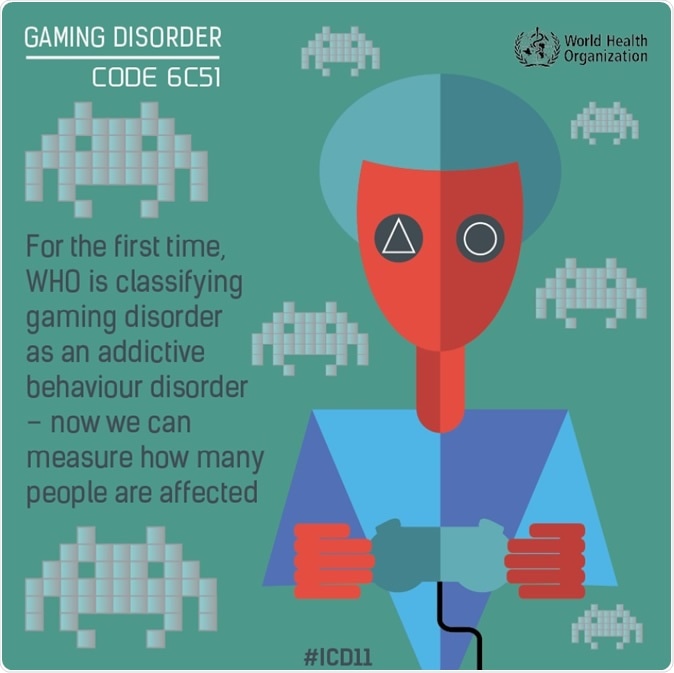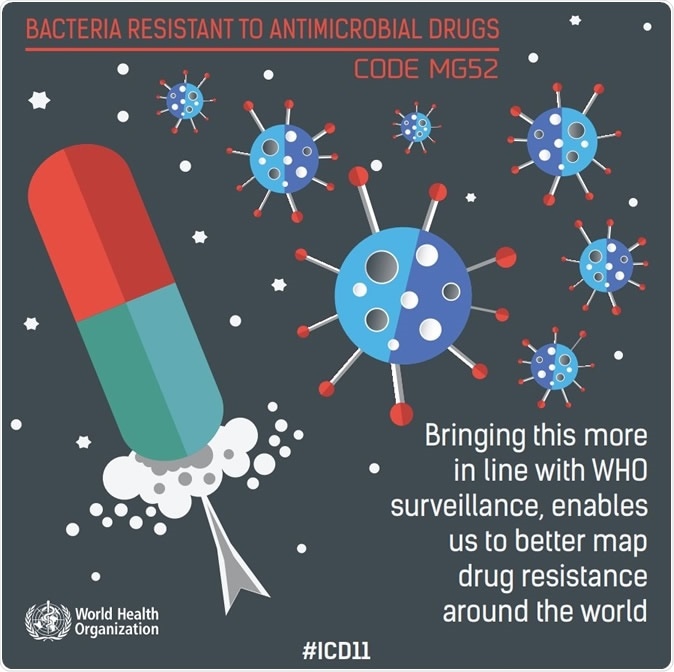The World Health Organization yesterday (18th of June 2018) in Geneva released the latest edition (11th) of the International Classification of Diseases (ICD-11).
The ICD is the standard disease coding for statistics and information regarding diseases around the world and it contains 55,000 unique codes for each of the disease conditions and injuries and also causes of death. These codes are common for healthcare professionals worldwide and provides a common sharing platform for reporting diseases and condition. This coding system is widely used by health insurers, data collection centres, international health databases, national and international health programme managers and planners etc.

Dr Tedros Adhanom Ghebreyesus, WHO Director-General, in his statement said, “The ICD is a product that WHO is truly proud of. It enables us to understand so much about what makes people get sick and die, and to take action to prevent suffering and save lives.”
The ICD-10 has been in place until now, while the 11th edition was in the making for nearly a decade. The ICD-10 was released in 1990 and the proposal for development of ICD-11 was placed at the General Assembly in 2000. The launch of the revision effort took place in Tokyo.
WHO: Revision of ICD-11 – questions and answers (Q&A)
For the first time health care workers have also been a part of the meetings and efforts in making the changes. Over 10,000 proposals were received by the WHO ICD team for making important changes and revisions to the earlier version. Important additions and improvements have been made over the previous version taking into consideration many of those proposals. One of the major differences in the latest edition is that it is fully electronic and is more user friendly.
The ICD-11 is set to be presented at the World Health Assembly in May 2019. It will be then adopted by the member states and come into effect from 1st January 2022. Yesterday’s release is a preview of the version so that each of the participating states can prepare translations and also start training health care professionals to use this new version.
One of the new additions to the ICD-11 is the inclusion of antimicrobial resistance that is vital in therapy today. The codes for resistance of antibiotics are in support of the Global Antimicrobial Resistance Surveillance System (GLASS). There is a separate chapter on traditional medicine and one on sexual health problems. These have been given importance in the new version. There is a section on gaming disorder that is classified as a new addictive disorder.

Dr Robert Jakob, Team Leader, Classifications Terminologies and Standards, WHO explains, “A key principle in this revision was to simplify the coding structure and electronic tooling – this will allow health care professionals to more easily and completely record conditions.” Dr Lubna Alansari, WHO’s Assistant Director-General for Health Metrics and Measurement adds, “ICD is a cornerstone of health information and ICD-11 will deliver an up-to-date view of the patterns of disease.”
The WHO will support the countries that are set to adopt the new version of the ICD.
WHO: Revision of ICD-11 (gender incongruence/transgender) – questions and answers (Q&A)
WHO: Revision of ICD-11 (gender incongruence/transgender) – questions and answers (Q&A)
Source: http://www.who.int/news-room/detail/18-06-2018-who-releases-new-international-classification-of-diseases-(icd-11)